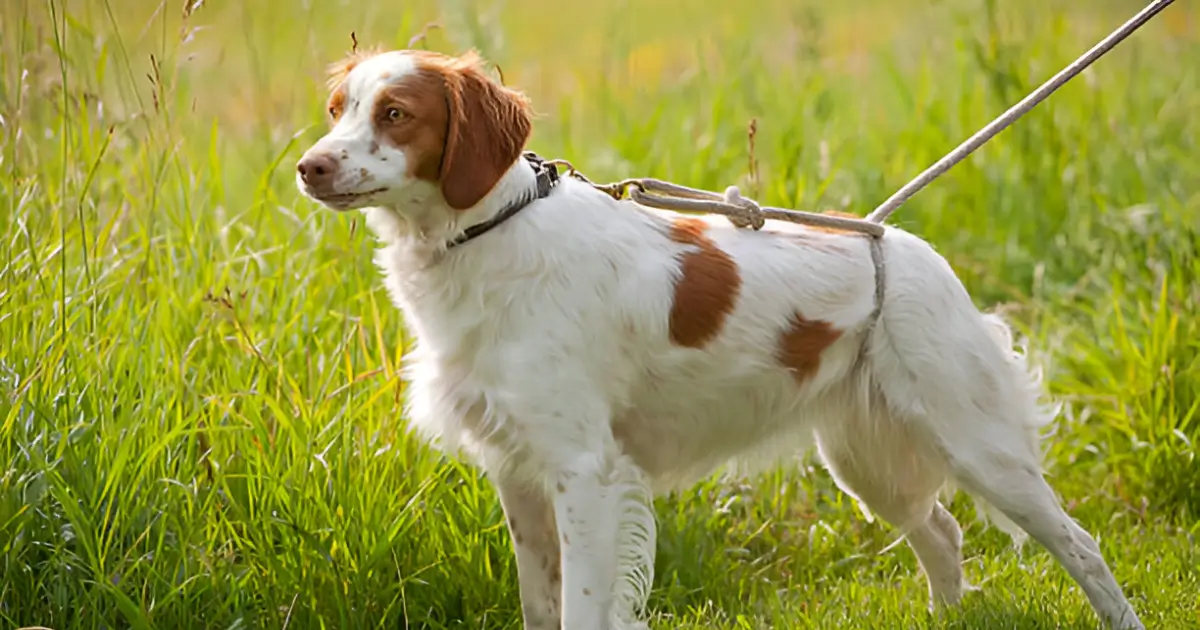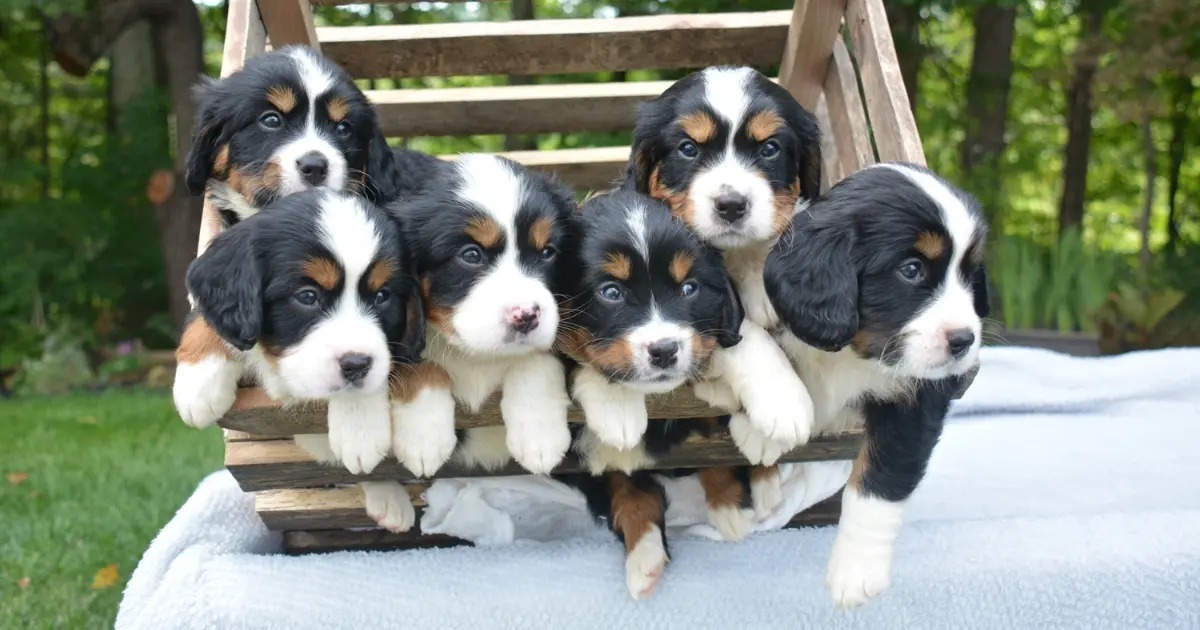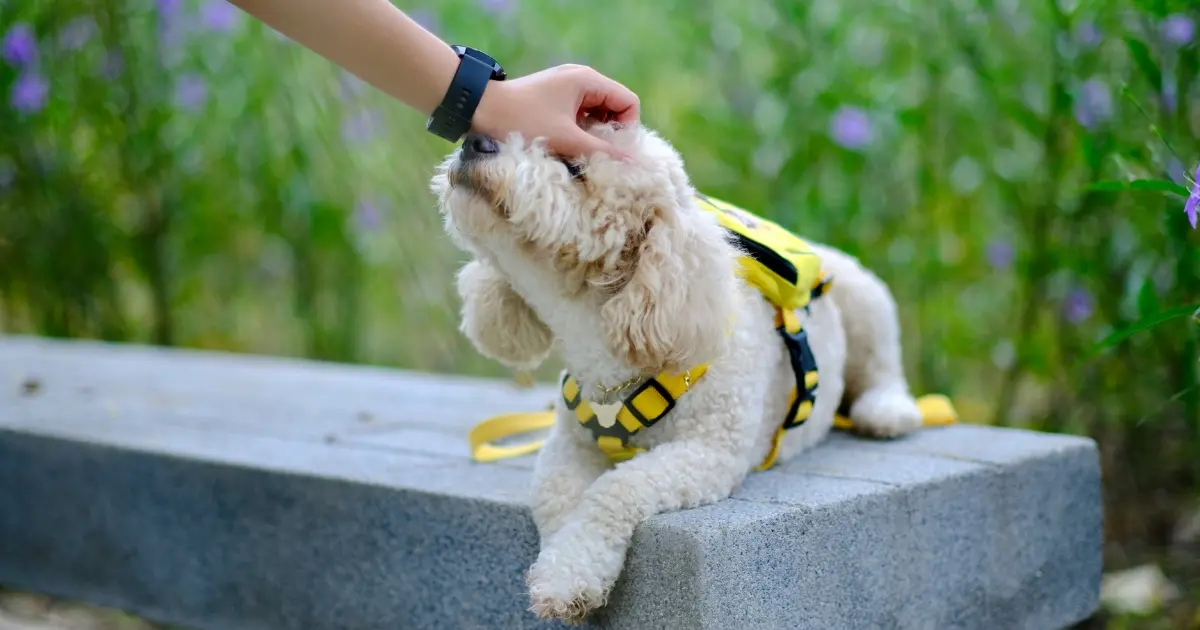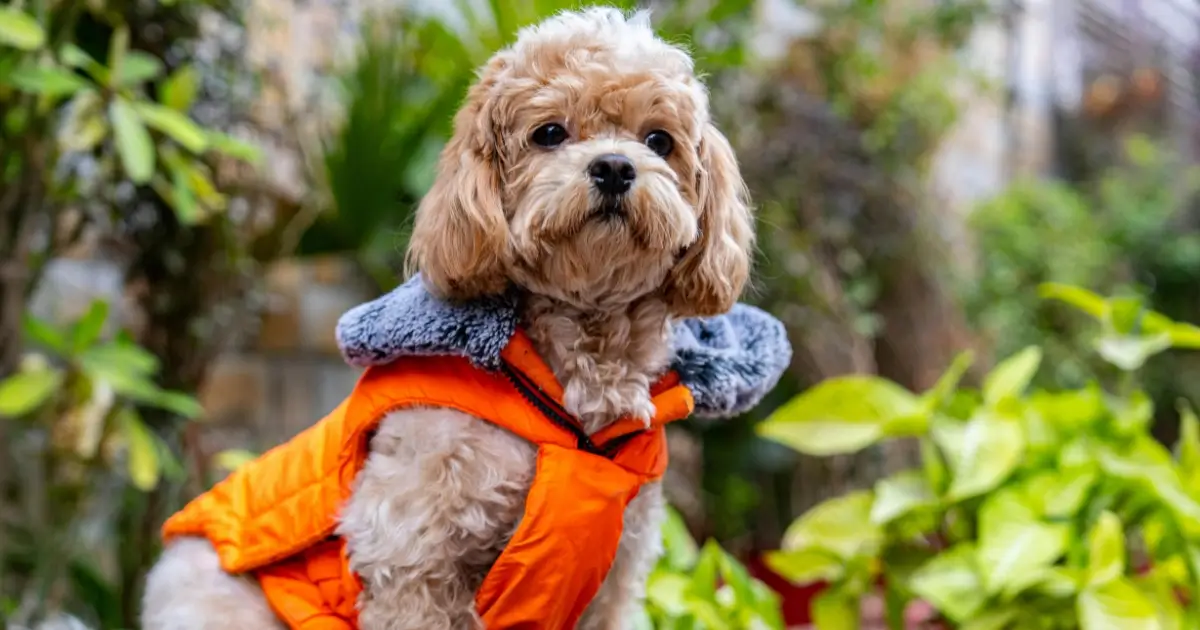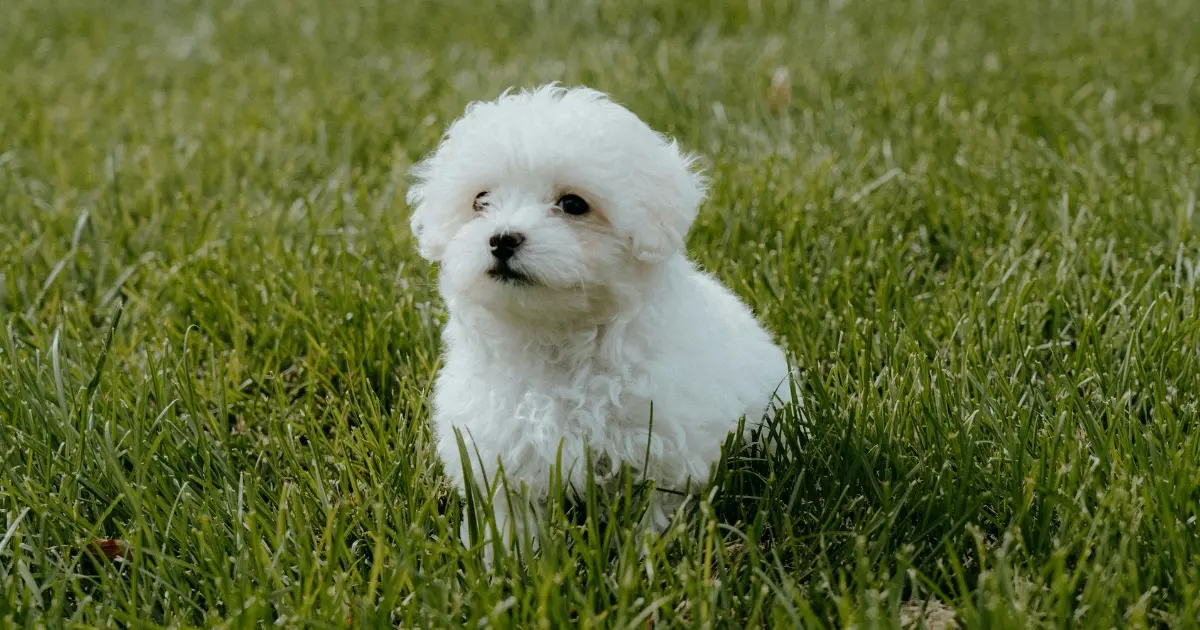Best Duck Hunting Dogs :
Duck hunting is an exciting sport that needs special skills and tools. Trained hunting dogs are key to success. They use their sharp senses, endless energy, and hunting instincts to find and bring back birds.
Choosing the right duck hunting dog is crucial for a great hunting experience. In this guide, we’ll look at the top breeds for duck hunting. We’ll cover their unique traits, strengths, and training needs. This will help you pick the best bird dog for your next duck hunting trip.
Table of Contents
Key Takeaways
- Duck hunting dogs are essential for the successful retrieval of downed waterfowl.
- Certain breeds, such as Labrador Retrievers, Chesapeake Bay Retrievers, and Golden Retrievers, are renowned for their exceptional hunting abilities.
- These breeds possess a unique combination of traits, including keen senses, strong swimming skills, and a natural affinity for water-based hunting.
- Proper training and socialization are crucial to unleash the full potential of these hunting companions.
- Selecting the right duck hunting dog breed based on your hunting environment and personal preferences can greatly enhance your overall hunting experience.
Understanding Duck Hunting Dogs: A Comprehensive Guide
Retrievers play a crucial role in waterfowl hunting. They are key partners, retrieving birds with great skill. Their love for water, soft mouths, and stamina make them essential for duck hunters.
The Role of Retrievers in Waterfowl Hunting
Retrievers, like Labradors and Chesapeake Bay Retrievers, are built for hunting. Their webbed feet and water-resistant coats help them in tough waters. Their sharp senses and trainability make them top-notch at finding and bringing back birds.
Essential Traits of Successful Hunting Dogs
The best duck hunting dogs share key traits. They love water, have a soft mouth, and can go far and long. They also need to be easy to train, so they can follow complex commands.
Natural Instincts and Trainability Factors
Duck hunting dogs have instincts passed down through generations. These instincts, along with their trainability, make them great hunting partners. With proper training and socialization, they can become top hunters in waterfowl hunting.
Labrador Retriever: The Ultimate Duck Hunting Companion
The Labrador Retriever is the top choice for duck hunting. Known for their hunting skills and loyalty, they are favored by many in the U.S. Their strong build, webbed feet, and love for water make them perfect for duck hunting.
Labrador Retrievers are easy to train because they are smart and eager to please. They learn quickly, making them great hunting partners. Their natural instinct to retrieve and their willingness to learn help them become reliable in the field.
Labrador Retrievers have a calm and loving nature. They are great with families and handle waterfowl well. Their patience and gentle nature ensure a successful and humane hunt.
It’s important to take care of Labrador Retrievers to keep them healthy. They need regular exercise, a balanced diet, and good vet care. This helps them stay healthy and perform well in hunting.
Chesapeake Bay Retriever: Built for Tough Water Conditions
The Chesapeake Bay Retriever is known for its skill in harsh water. They were bred for the icy waters of the Chesapeake Bay. This makes them perfect for bird dogs in tough hunting spots.
Cold Water Performance Capabilities
These dogs have a thick, water-resistant coat and strong muscles. They can handle cold and rough waters well. They stay strong and bring back game efficiently, even in bad weather.
Distinctive Coat and Physical Features
The Chesapeake Bay Retriever has a special coat that’s wavy or curly. This fur keeps them warm and water out. They also have a broad chest, strong legs, and webbed feet for better swimming.
Training Requirements and Temperament
Training a Chesapeake Bay Retriever needs patience and consistency. They are smart, trainable, and hardworking. But, they can be stubborn and need firm training. With the right training, they become loyal and obedient, great for hunters.
Golden Retriever: Excellence in Gentle Retrieval
The Golden Retriever is a top choice for duck hunting dogs. They are friendly and great at retrieving waterfowl. Their soft mouths help them handle ducks gently, keeping them in good shape.
Golden Retrievers are naturally good at retrieving. They can pick up and bring back birds without harming them. Their eagerness to please and trainability make them even better at hunting.
“Golden Retrievers possess an unparalleled combination of strength, intelligence, and gentleness that makes them exceptional duck hunting dogs,” notes renowned canine expert, Dr. Emma Woodward.
But, Golden Retrievers might struggle in cold water. Their thick coats don’t keep them as warm as some other breeds. Still, with the right training and gear, they can do well in any hunting situation.
American Water Spaniel: The Versatile Duck Hunter
The American Water Spaniel is a top choice for duck hunting. It’s known for its water skills, making it great for hunting in different places.
Specialized Water Skills
These dogs love the water, which helps a lot in duck hunting. They’re good at finding and bringing back birds, even in tough spots. Their webbed feet and water-resistant coat help them move easily in the water.
Size Advantages for Small Boats
The American Water Spaniel is small, perfect for small boats. They can fit into tight spots, helping hunters get to places big dogs can’t. This makes them great for hunting in tight spaces.
Training Methods and Approaches
Training an American Water Spaniel right is key for good hunting. They do well with positive training and patience. Learning commands and improving their retrieval skills makes them very useful in the field.
Training Your Duck Hunting Dogs: Essential Skills
Successful duck hunting is more than just the right gear. It’s about having well-trained duck hunting dogs. They need to help you in the field. Proper training is key to their success.
Teaching your bird dogs the “retrieve” command is crucial. It lets them bring back downed waterfowl from the water. This is a key task in duck hunting. It takes patience and consistent training to teach them to swim, grab the bird, and return.
Blind retrieves are another important skill. Dogs must find and bring back a bird without seeing it. This tests their scenting and navigation skills. Steadiness training is also vital. It keeps your dog calm and focused in the field.
“Early socialization and exposure to hunting environments are key to developing a well-rounded, confident duck hunting dog.”
Spending time on these training methods makes your duck hunting dog responsive and reliable. With these skills, you and your dog will be a strong team. You’ll be ready to face the hunt’s challenges together.
Equipment and Gear for Duck Hunting with Dogs
Duck hunting with dogs requires the right gear for safety and success. You’ll need essential safety items, training tools, and field equipment. Each piece is crucial for a great hunting experience.
Safety Equipment Essentials
Your dogs’ safety is key. Get them high-quality dog vests for water protection. These vests keep them afloat and safe from hazards like sharp reeds.
Training Tools and Accessories
Good training is essential for a successful hunt. Use tools like dummy launchers and training whistles. They improve your dog’s skills and obedience, making the hunt better.
Field Equipment Requirements
You’ll also need field equipment for duck hunting. A sturdy dog blind keeps them comfortable and hidden. A first aid kit for you and your dog is also vital for emergencies.
Choosing the right gear is about safety and success. With the right equipment, you and your dogs will have a great time hunting together.
Health Considerations for Waterfowl Hunting Dogs
Having a loyal duck hunting dog is more than just training them. Waterfowl hunting comes with health challenges that owners must face. It’s important to keep your duck hunting dogs safe from cold water and maintain their paws.
Protecting your bird dogs from cold and icy water is key. Hypothermia can happen fast, so they need special gear and watchful eyes. Their paw pads also need care to avoid injuries on rough terrain and sharp ice.
Regular vet visits are a must to catch health issues early. These dogs need special food to keep up with their active lifestyle. Talking to a vet can help you find the right diet for them.
“The health of your duck hunting dogs is just as important as their training. Taking proactive steps to address their specific challenges can keep them in peak condition for many successful seasons to come.”
By focusing on your bird dogs‘ health, you keep them reliable and eager for your hunting trips.
Choosing the Right Duck Hunting Dogs for Your Needs
Choosing the right duck hunting dog is a big decision. You need to think about the local climate and where you hunt. For example, the Chesapeake Bay Retriever is great for cold, harsh water.
Climate and Hunting Environment Considerations
It’s also important to consider your experience and how you like to hunt. Beginners might like a Labrador Retriever for its friendly nature. Experienced hunters might prefer an American Water Spaniel for its toughness.
Experience Level Requirements
Understanding your needs is key to picking the right dog. Think about the climate, your experience, and the breed’s traits. This way, you’ll find the perfect dog for your next duck hunting trip.
Matching Dog Traits to Hunting Style
Whether you want a Golden Retriever’s gentle nature or a Chesapeake Bay Retriever’s strong swimming, the right dog matters. By looking at these factors, you can pick a dog that fits your needs and hunting style.
FAQ
What are the most popular duck hunting dog breeds?
Top duck hunting dog breeds include the Labrador Retriever, Chesapeake Bay Retriever, Golden Retriever, and American Water Spaniel. These dogs are great at water tasks, easy to train, and perfect for hunting waterfowl.
What are the essential traits of a good duck hunting dog?
Good duck hunting dogs love water, have a soft mouth, are energetic, and easy to train. These traits help them retrieve birds from water, handle tough hunting spots, and follow commands well.
How do Labrador Retrievers perform as duck hunting companions?
Labrador Retrievers are top choices for duck hunting. They have a strong build, water-resistant coat, and eager-to-please nature. These traits make them excellent at retrieving waterfowl.
What unique capabilities does the Chesapeake Bay Retriever offer for duck hunting?
Chesapeake Bay Retrievers excel in cold water and harsh conditions. Their double coat and build help them thrive in tough environments. This makes them great for hunting in icy or choppy waters.
How can Golden Retrievers be utilized for duck hunting?
Golden Retrievers are known for their friendly nature and retrieving skills. They handle downed waterfowl gently and can be trained for hunting. While not as rugged as some breeds, they excel in retrieving.
What advantages does the American Water Spaniel offer for duck hunting?
American Water Spaniels are perfect for hunting from small boats or in dense areas. Their water skills and trainability make them versatile for different hunting environments.
What are the essential training skills for duck hunting dogs?
Duck hunting dogs need to learn basic commands, water retrieval, and blind retrieves. They also need to be steady and well-socialized for hunting. This training helps them become great hunting partners.
What type of equipment and gear is necessary for duck hunting with dogs?
You’ll need safety gear like dog vests, training tools like dummy launchers, and field equipment like dog blinds. Quality and proper fit are key for your dog’s safety and performance.
What health considerations are important for waterfowl hunting dogs?
Waterfowl hunting dogs need to avoid hypothermia, take care of their paws in cold water, and prevent ear infections. They also need good nutrition. Regular vet visits are important to keep them healthy.
How do I choose the right duck hunting dog for my needs?
Consider the local climate, how often you hunt, and your hunting style when choosing a duck hunting dog. Match the dog’s size, energy level, and trainability to your needs for a successful hunting partnership.
